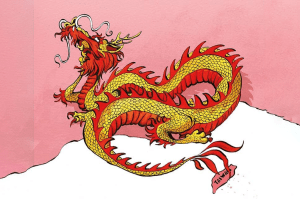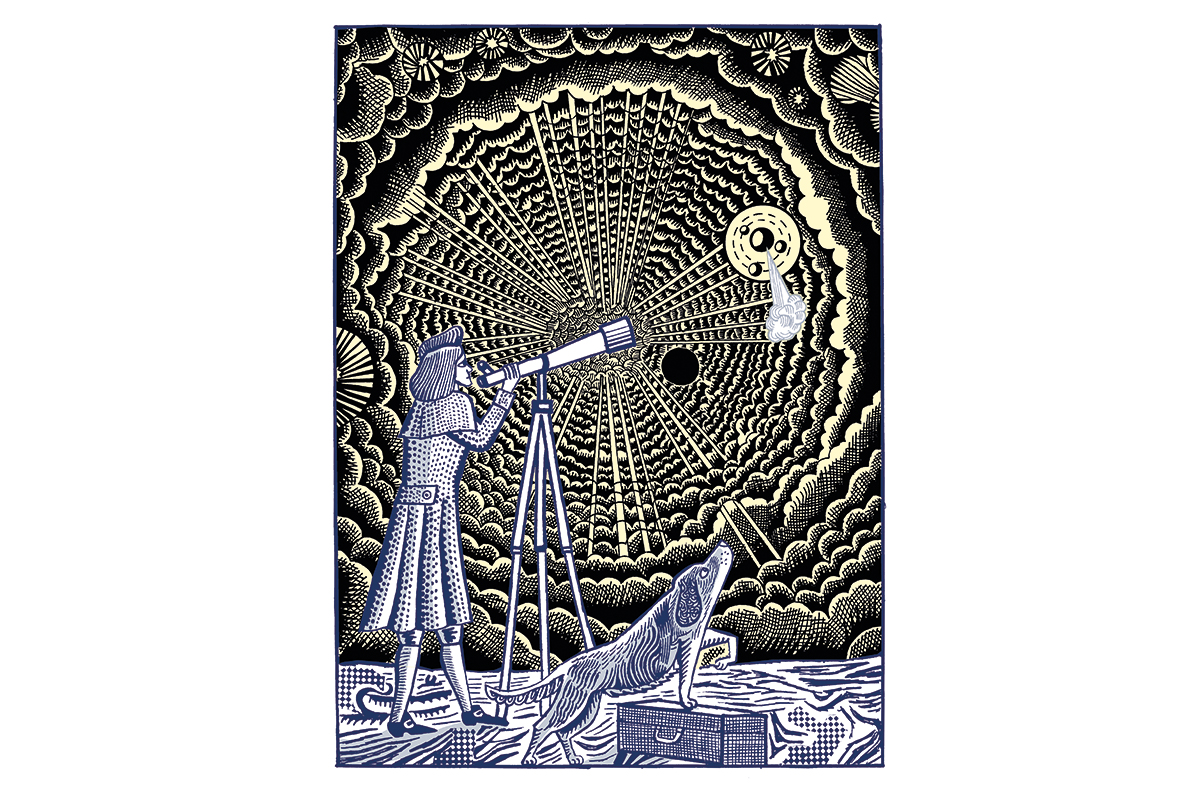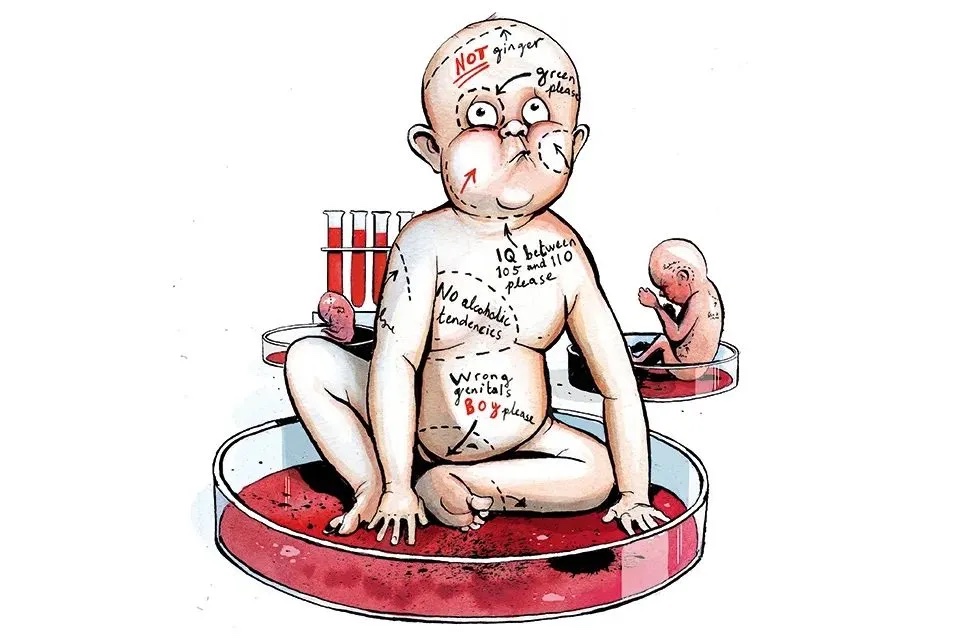In 1891, a 29-year-old man moved from Philadelphia to Chicago intending to start a business. With $32 to his name, he began by selling scouring soap. Hoping to boost sales, he gave away small packets of baking powder with every purchase. Soon he found that the baking powder was more popular than his soap, so he quit the soap market and started selling baking powder instead.
But now he needed something to give away with his baking powder. Eventually, for reasons I cannot begin to fathom, he took to giving his customers two free packs of chewing gum with each tin of baking powder.
And then the same damned thing happened again. He found that the free gum was more popular than the baking powder. So he rolled up his sleeves and began anew, this time concentrating on the manufacture and sale of chewing gum. At this point business started to pick up. The young man’s name, by the way, was William Wrigley.
And herein lies one magic quality of business. It is the only area of human activity where you get paid to change your mind.

In politics, in punditry, in academia, there is great value attached to consistency. Changing your mind risks loss of face. Your ability to deliver plausible generalizations counts for a lot. There is social pressure to adopt the dominant frame of thought. No one gets invited on television to say ‘I’m not really sure’ and ‘It’s kind of complicated’.
Science claims to be self-correcting, of course. I don’t doubt that in some fields — pure mathematics, perhaps — it is. But a glance at the record suggests that reputational concerns —and deference to senior people in the field — make scientists remarkably slow to change their minds.
A few years ago, a team led by Pierre Azoulay at MIT set out to test Max Planck’s maxim that ‘science progresses one funeral at a time’. They found 452 elite scientists who had died prematurely between 1975 and 2003 and measured the effect of their death on work in their respective fields. After the death, the number of articles by collaborators of the deceased fell dramatically — by about 40 percent. But non-collaborators published 8 percent more. Five years after a death, the extra activity from non-collaborators offset the fall in productivity of collaborators. Moreover ‘these additional contributions are disproportionately likely to be highly cited’, the researchers found, ‘and more likely to be authored by scientists not previously active in the deceased superstar’s field’.
Business goes one better than science. It actively rewards heterogeneity of thought. The more prevalent a belief is among your competitors, the greater the gains to be had from disproving it. When everyone else zigs, it pays to zag.
This incentive to experiment is especially important in markets since there are often multiple right answers to any question. And in real life, as distinct from theory, the ‘right’ answer to any question changes over time. As I half-joked to a colleague recently: ‘When I was young, everyone wanted to buy cheap bread so they could spend their money on an expensive television. Now everyone wants a cheap television so they can spend their money on expensive bread.’
In politics, the only way to recreate the Max Planck effect is with term limits, or with an electoral system which regularly purges the political class. If we are headed for a future of hung parliaments, we may need to give this some thought.
Nature, of course, used to provide its own term limits. As a friend cruelly observed: ‘What really messed up politics was the discovery of antibiotics.’
This article was originally published in The Spectator’s UK magazine. Subscribe to the US edition here.

























